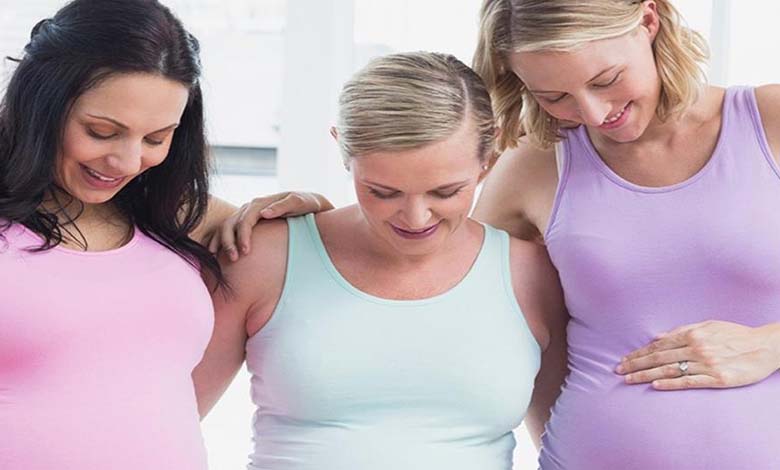A study reveals that teenage pregnancy is associated with an increased risk of early death

Research indicates that teenage pregnancy raises the likelihood of school dropout and poverty among young girls. Additionally, teenagers are more prone to serious medical complications during pregnancy.
A large study conducted in Canada uncovered another concerning finding: women who experienced pregnancy during their teenage years were more likely to die before reaching the age of 31. This trend was observed among women who carried their pregnancies to full term during adolescence, as well as among those who experienced miscarriages.
Dr. Joel G. Ray, an obstetrician and epidemiologist at St. Michael’s Hospital in Toronto and the lead researcher of the study, stated, “The younger a woman is at the time of pregnancy, the greater the risk of early death.” The study was published in the journal “JAMA Network Open” on Thursday.
He added, “Some people may argue that we shouldn’t rush to judgment about this, but I think we’ve always intuitively known that there was a very young age for pregnancy.”
According to the New York Times, the study utilized health insurance records in the province to analyze pregnancy outcomes among approximately 2.2 million teenage girls in Ontario, Canada, all aged 12 years between April 1991 and March 2021.
Even after accounting for pre-existing health issues among the teenage girls, income disparities, and educational differences, those who carried their pregnancies to full term were more than twice as likely to die prematurely later in life.
Similar trends were found among women who experienced teenage ectopic pregnancies, where the fertilized egg develops outside the uterus, or pregnancies that resulted in stillbirths or miscarriages.
The risk was much lower among women who terminated their pregnancies during adolescence—however, they were still 40% more likely to die prematurely compared to those who did not experience teenage pregnancy.
Additionally, Dr. Ray and his colleagues found that the likelihood of early death was higher among women who became pregnant before the age of 16 and those who experienced multiple pregnancies during their teenage years.
The analysis revealed that injuries—whether intentional or unintentional, such as assaults—accounted for most premature deaths, with pregnant teenagers being more than twice as likely to die early due to unintentional injuries compared to those who were not pregnant during adolescence. They were also more likely to die from intentional injuries.
In a companion commentary to the article, Elizabeth L. Cook, a researcher at Child Trends, a research organization focusing on children and youth, pointed out that teenage pregnancy may not be a causal factor in early mortality.
Instead, it could serve as a proxy for a range of other influences, including negative childhood experiences, which increase the likelihood of early death. She therefore called for more research to understand these underlying causes.
While some teenagers choose to become pregnant, “most teenage pregnancies are unintended, highlighting gaps in existing systems for educating, guiding, and supporting young people,” wrote Ms. Cook. She added that the stigma and isolation experienced by many pregnant teenagers “may make it harder for them to thrive in adolescence.” Although this new study is not the first to find a link between teenage pregnancy and early mortality, it appears to be one of the largest and most powerful studies.
A Finnish study in 2017 found that women who experienced teenage pregnancy were more likely to die prematurely due to suicides, alcohol-related issues, cardiovascular diseases, and car accidents. This study attributed the increased risk to decreased educational attainment.
While pregnancy risks generally increase with age, pregnant teenagers are more likely than women in their twenties and thirties to develop pregnancy-related high blood pressure, a potentially life-threatening condition called preeclampsia.
They are also more likely to give birth prematurely and have low birth weight babies, who often face other serious health problems and are more likely to die during their first year of life.












